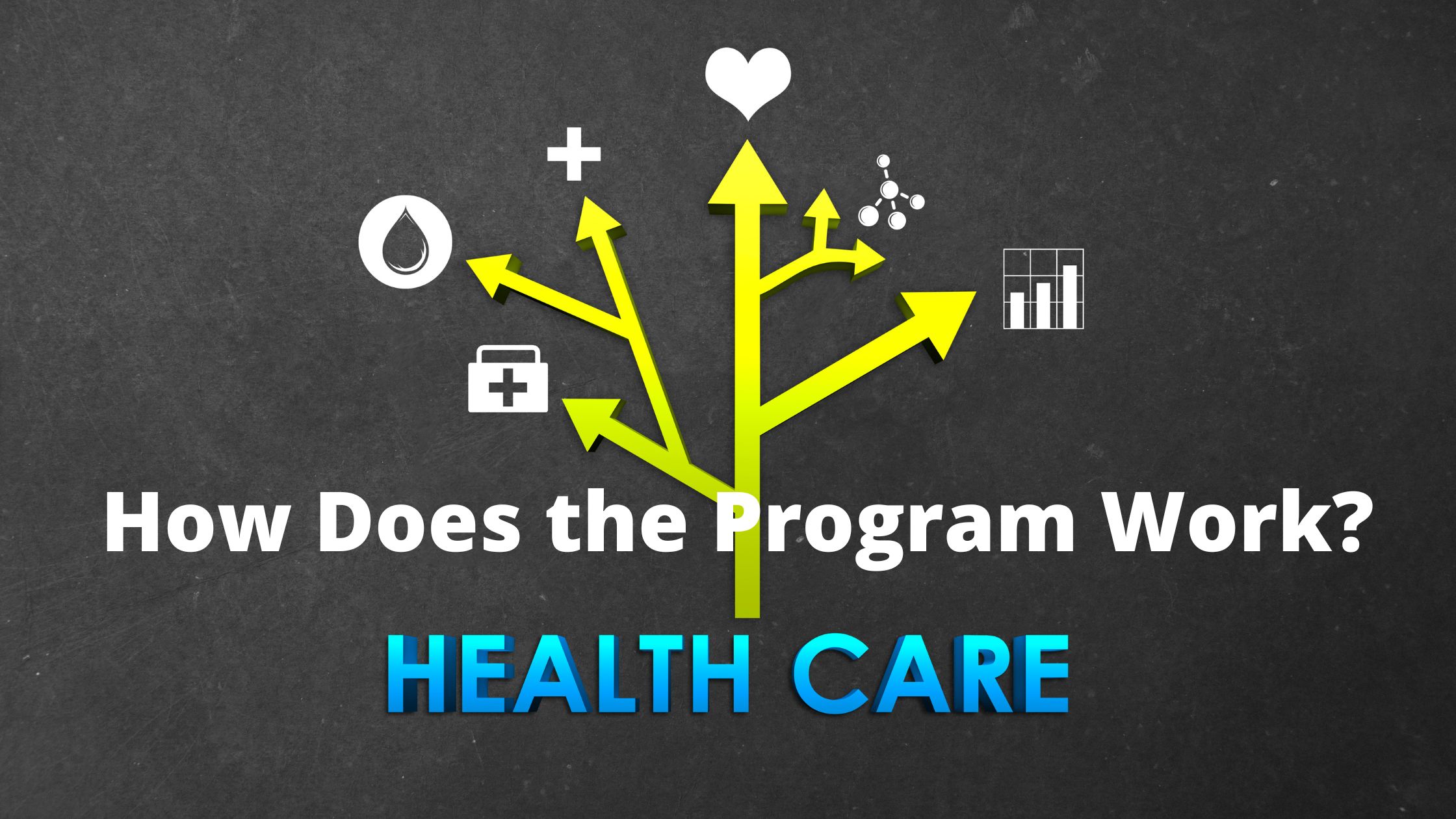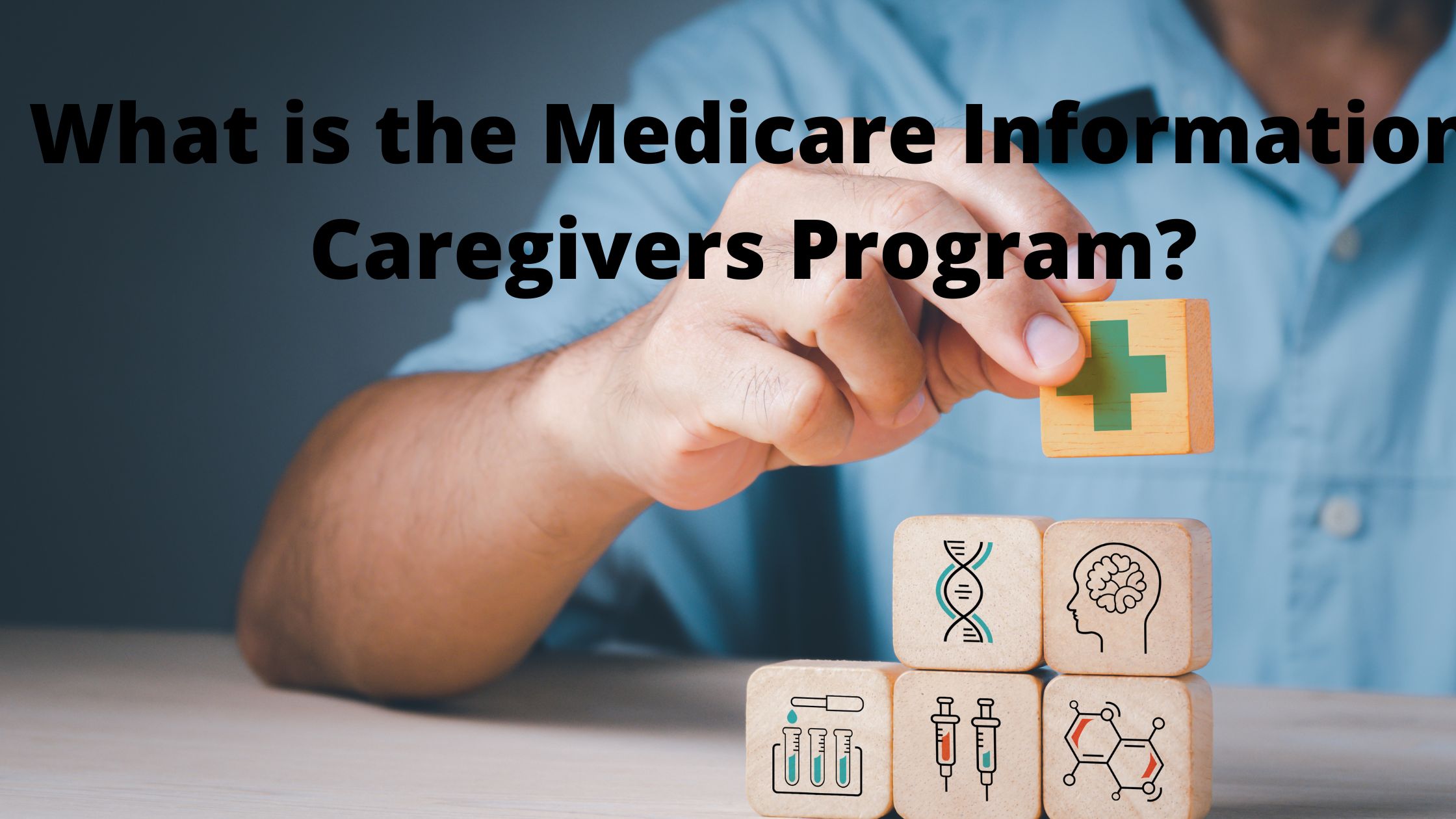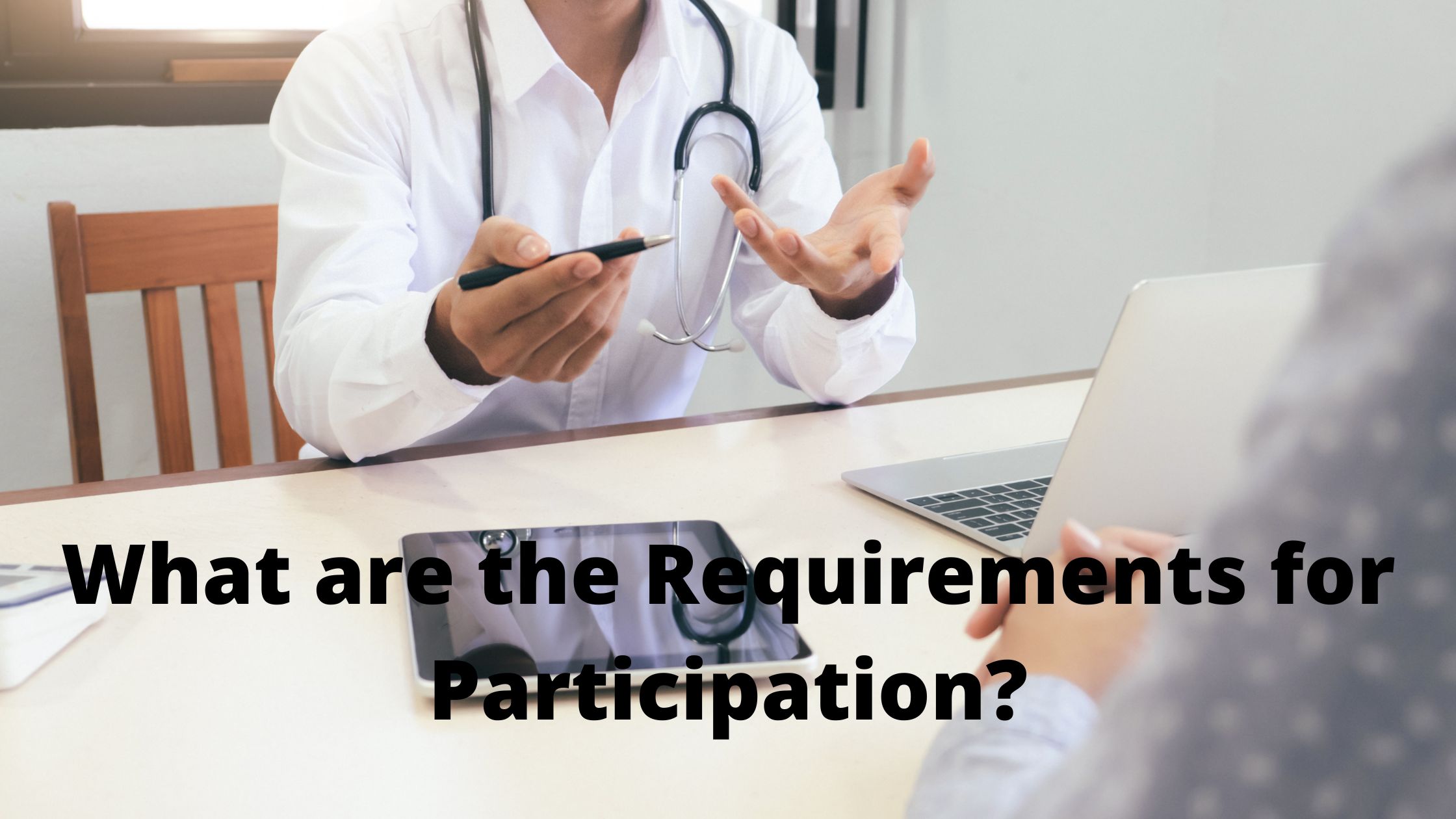The Medicare Information Caregivers Program is a program that provides assistance to individuals who are unable to fully manage their own health information due to a permanent physical or mental impairment. The program is administered by the Centers for Medicare & Medicaid Services (CMS), and it falls under the category of “Medicare Extra Help.” This means that eligible participants must qualify for Medicare, and they must also meet certain criteria in order to be considered for the program.
What is the Medicare Information Caregivers Program?
The Medicare Information Caregivers Program (MICS) is a national program that provides support and resources to caregivers of individuals with Medicare. Individuals who are interested in becoming MICS caregivers can find information and resources on the website or through the program’s guidebook.
The MICS program was created in response to the growing demand for assistance from caregivers of seniors and people with disabilities. Today, there are more than 2.5 million individuals who are eligible for MICS services, including their spouses, children, parents, and other relatives.
If you are interested in becoming a MICS caregiver, you can find information on the website or through the program’s guidebook. The guidebook has three sections: Getting Started, What You Need to Know About Your loved One’s Health Care, and Tips for Tackling Daily Life as a caregiver.
The Getting Started section includes an overview of the program and information about eligibility requirements. The What You Need to Know About Your Loved One’s Health Care section includes tips on how to manage your loved one’s health care and find support services. The final section, Tips for Tackling Daily Life as
What are the Requirements for Participation?
The Medicare Information Caregivers Program (MICP) is a national voluntary program that assists individuals who are responsible for caring for someone with disabilities or permanent medical conditions. To be eligible, you must be at least 18 years old, have a valid driver’s license, and live in the United States. You must also have an annual income of less than $50,000 and meet certain other requirements. The program offers two types of membership: Individual and Family.
To become a MICP member, you must first complete an application form and submit it to your local Medicare representative or call 1-800-MEDICARE (1-800-633-4227). After you are accepted into the program, you will receive a membership card and information booklet. The booklet provides information about the program, such as how to access benefits and how to file a claim. You should also read the information booklet before you begin participating in the program, so that you know what to expect.
To be eligible for membership in the family membership category, at least one member of the household must be a MICP member. A family member is someone who is related to you by blood or marriage and who lives with you in the
How Does the Program Work?
The Medicare Information Caregivers Program is a government-sponsored program that provides support to caregivers of individuals with Medicare. The program provides information and resources to caregivers, as well as assistance in organizing and coordinating caregiving activities.
To be eligible for the program, you must be a relative or friend of an individual who has Medicare, and you must provide regular care for the individual. The program provides counseling and support services, as well as access to community resources.
The program is based on the theory that having a caregiver available can improve the quality of life for an elderly or disabled person with Medicare. The program is also believed to reduce the burden on family members who are responsible for providing care.
If you are interested in becoming a caregiver for an individual with Medicare, you can contact your local Social Security office or the Medicare Information Caregivers Program office nearest you.
The Benefits of Participation for Caregivers
The Medicare Information Caregivers Program (MICP) is a voluntary program that helps caregivers of people with Medicare stay informed about their benefits and how to access them. Participation in the MICP can be very beneficial for caregivers, as it can improve their understanding of Medicare and help them take advantage of its benefits.
The MICP offers a number of benefits to caregivers, including:
-A free subscription to the Medicare Beneficiary Guide, which is a quarterly publication that provides detailed information about Medicare benefits, including explanations of how to use them
-Access to online tools that help caregivers understand their benefits and make claims
-Free consultation with a representative from the Medicare Rights Center (MRC), a national nonprofit organization that provides information and support to beneficiaries and their families about their Medicare rights
-Opportunities to learn more about long-term care and how to plan for it
Participation in the MICP is easy and free. If you are a caregiver of someone who has received Social Security disability insurance or Supplemental Security Income (SSI), you are automatically eligible for participation in the MICP. You can also join the program if you are an informal caregiver who is not eligible
The Dangers of Participation for Caregivers
The Medicare Information Caregivers Program (MICP) is a voluntary program that enables individuals with limited English proficiency to help find and understand Medicare information. Participation in the MICP can be dangerous for caregivers because they are not aware of the risks involved.
The MICP is a program that poses a number of dangers for caregivers. First, caregivers who participate in the MICP may not be aware of the risks associated with participating in the program. For example, they may not be aware of the fact that they could be sued if they make false claims about their ability to understand Medicare information. Second, because the MICP is a voluntary program, there is no guarantee that caregivers will receive any training on how to use Medicare information correctly. This lack of training can lead to incorrect interpretations of Medicare information and potential financial losses for caregivers. Finally, the MICP can also be dangerous for caregivers because it can lead them to misinterpret or mistreat their elderly patients. For example, if a caregiver misunderstands a patient’s instructions or asks too many questions, this could lead to physical or emotional abuse.
Caregivers who are considering participating in the MICP should consider the risks involved before making a decision. They should also ensure that
Conclusion
If you work as a Medicare information caregiver, there is a guidebook available to help you with your duties. The guidebook, called “The Guide for the Assistance of Persons with Disabilities in the Medicare Information Caregivers Program,” is 1,000 pages long and covers everything from how to set up shop to handling complaints. If you are interested in acquiring a copy of the guidebook, it can be found online at www.medicare.gov/MEDICARE-INFO/Information-Caregivers-Program/guide-for-the-assistance-of-persons-with-disabilities/.

